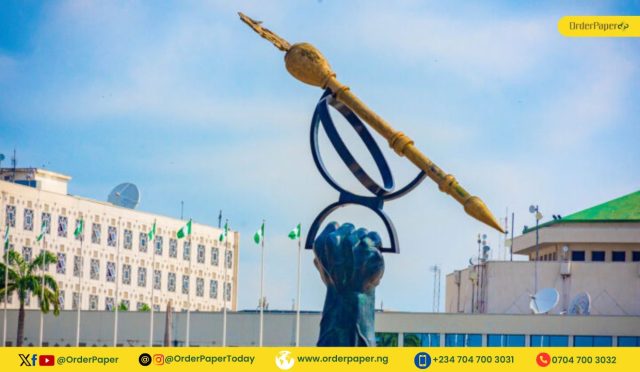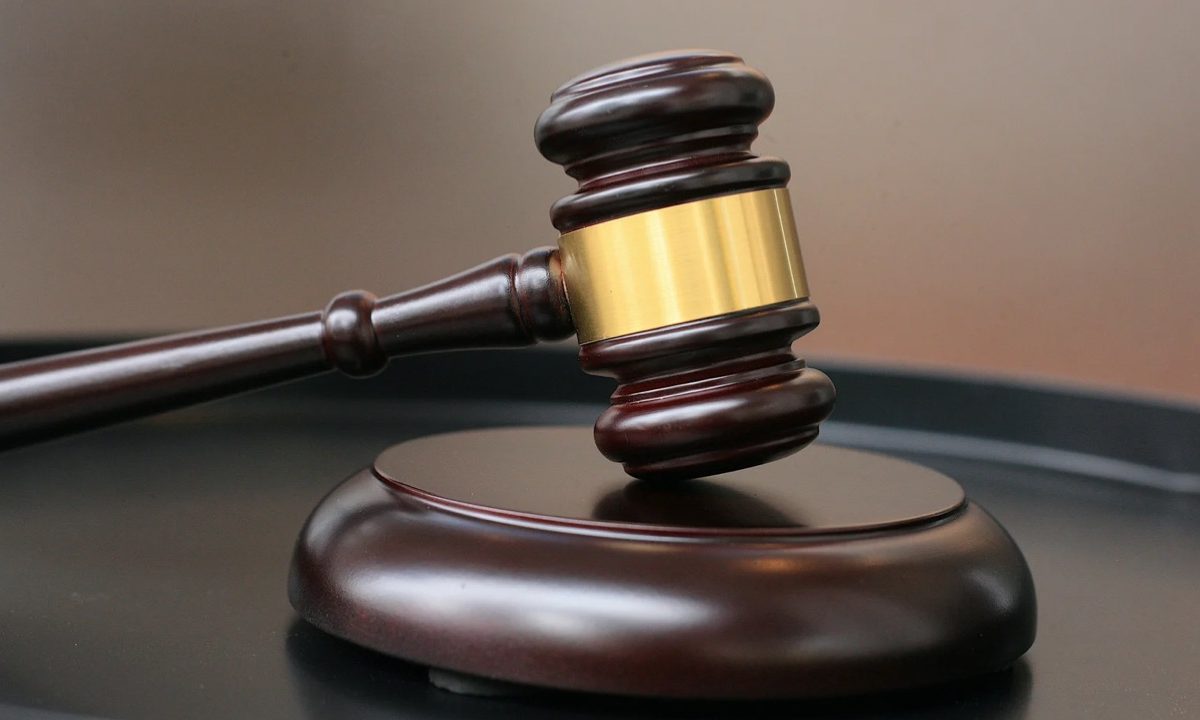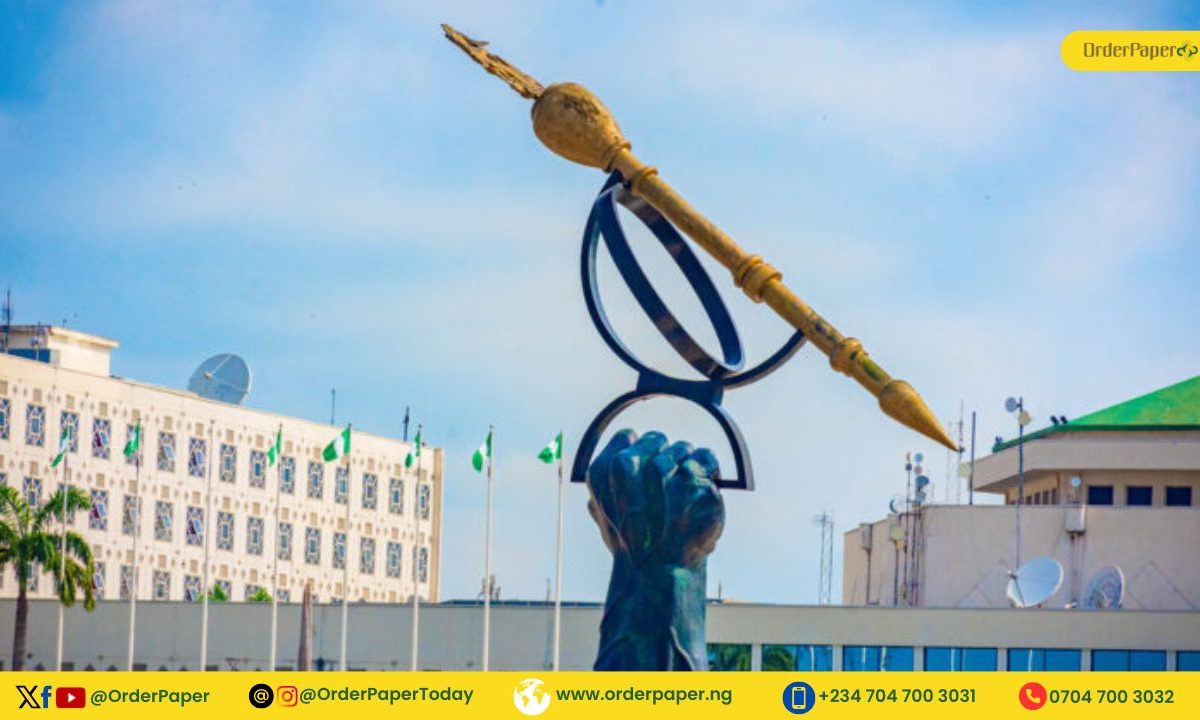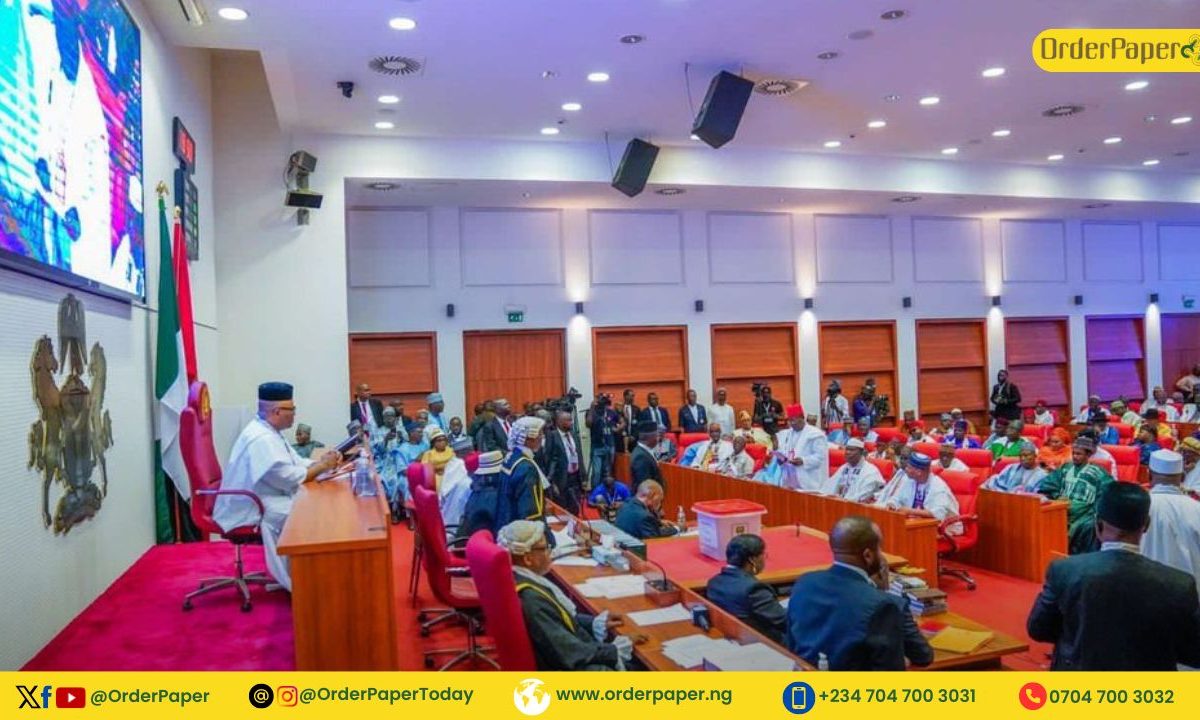Lawmaking is an integral part of a country and many often wonder what exactly the lawmaking process involves. This piece addresses the role bills play in the governance of a nation
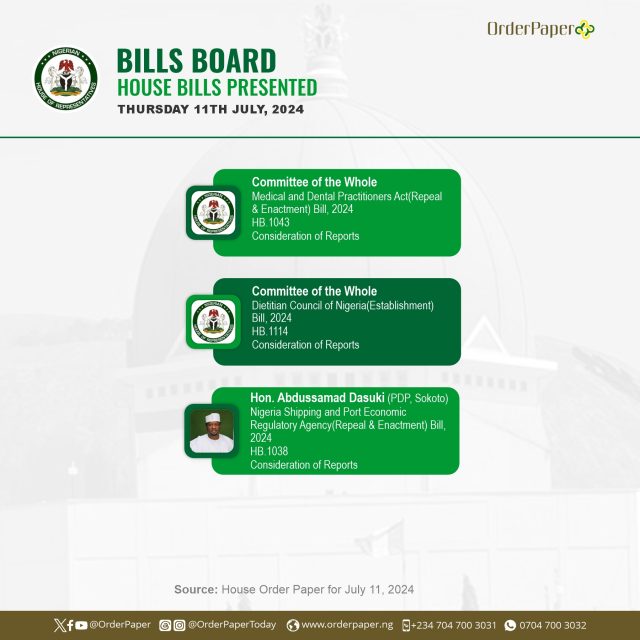
Laws are a system of rules established by a government to define rights and responsibilities, protect individual rights, regulate citizen’s behaviour, maintain order and promote justice and fairness in the country. In most countries, laws do not just occur rather they are the results of deliberate actions by certain individuals.
Who can make laws?
Laws are made by individuals known as lawmakers i.e the maker of a law. These lawmakers are holders of political offices and are often elected to occupy such offices as members of parliament. They are expected to interact with the populace, collate their concerns and transform them into bills which are then processed to become a law.
What are bills?
Bills are simply documents that outline suggestions to be considered as a law. Every law in existence today started off as someone’s thought. This thought is then packaged into a proposal which explains all about the thought. This proposal is what is commonly referred to as a bill. Once a bill has been reviewed and passed into law, it is then referred to as an act.
Types of bills
It is important to note that not all bills translate into laws for which people can be prosecuted when violated. Here are 7 of such types of bills.
- Establishment bills
These are to propose the creation of an institution, agency or corporation.
- Amendment bills
These are to adjust an already existing law to make it better and improve its functionality.
- Appropriation bills
These revolve around the annual budget of the federation.
- Repeal and reenactment bills
These seek to stop an ongoing venture and create another one in replacement. These are often used to recreate a new outfit out of an existing one.
- Executive bills
These are proposals sponsored by the executive arm of the government, i.e, the president or his/her ministers
- Private member bills
These are sponsored by a member of parliament.
- Constitutional bill
These seek to amend the constitution or alter the country’s governance structure.
READ ALSO: Governance: 7 steps of how bills become laws
Components of a bill
A bill usually contains the following:
Name and year
This states the name of the bill and the year it is being proposed.
Explanatory memorandum
This section clearly defines what the bill is all about. It states what the bill seeks to achieve.
Arrangement of clauses
This is a list of the clauses of a bill. Clauses are different sections that detail the components of a bill.
Citation
This is the short title which can be used to refer to a bill.
Why are bills important?
There is much ado about bills because they can be described as the lifeline of a country. Simply put, countries run on laws and laws run on bills. The quality of bills directly impacts the quality of laws therefore right bills lead to right laws, while wrong bills results to wrong laws.
Here’s a little illustration to understand this better:
Mr A who occupies a legislative office thinks up xyz, he processes it into a bill, crosses his T’s, dots his I’s and carefully ensures it becomes a law. Now, xyz is dangerous to Mr B but there’s little to nothing he can do as it is already a law. Therefore, Mr B. needs to abide by xyz if he wouldn’t be on the other side of the law.
In a nutshell…
Every bill has the potential to become a law and affect the lives of the citizens positively or otherwise hence the need to be aware of what type of bills your lawmakers are proposing.

